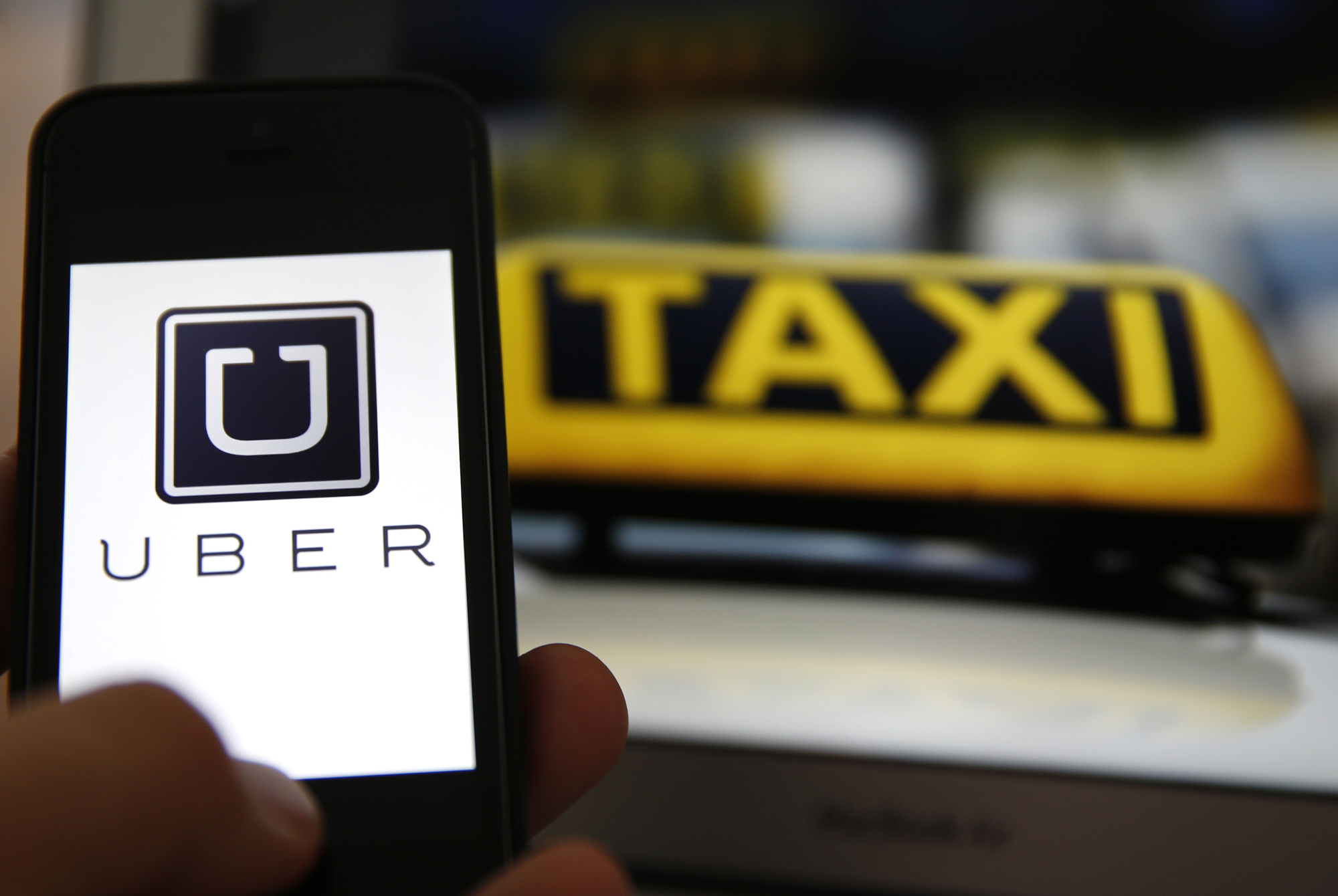By Ankur Gautam
When I moved to Chennai in 2013, one of the most challenging experiences for me (and most others who did not know the language) was negotiating fare with the auto rickshaw drivers. It was very difficult to find an auto that would go by the meter fixed on the vehicle, a problem faced by locals and outsiders alike. There was chaos and disruption in the market for local conveyance and entrepreneurship came to the rescue. By the end of 2014, Uber and Ola cabs had started plying on the roads of Chennai, with fares low enough to compete with auto rickshaws. An air-conditioned cab for the fare of an auto (sometimes even lower!) was just a touch away on your smart phone. This was the dawn of sharing economy in India.
What is sharing economy? Sharing economy is perhaps the best example of spontaneous order there is in today’s world. It is a socio-economic ecosystem built around the sharing of human and physical resources. It includes shared creation, production, distribution, trade and consumption of goods and services by different people and organisations. Consider Uber. Uber saw an opportunity in the chaos described above. Uber does not own its own fleet of cars. The owners of the car can register themselves with Uber and they are responsible for driving and maintenance themselves. What Uber does is to act as a marketplace that connects cabs to consumers through smartphone technology. Commuters pay for rides which are shared by the driver and Uber. Simple as that!
Uber is just one part of it. Technology is rapidly transforming how we produce and consume goods and services. By cutting down transaction costs, it has made sharing assets cheaper and easier than ever. You can share a car ride from one city to another on mobile-based apps like Blabla Car, choose rooms provided by private individuals on Airbnb and pay for everything online. Online social networks have been helpful in addressing security concerns by providing a way to check up on people and build trust, while online payment systems have gained trust of the masses over time. Sharing economy provides new opportunities for enterprise, and competitive enterprise is at the heart of spontaneous order!
While all this sounds good and ideal with this sharing economy concept, there are wider issues pertaining to protection of consumers that still attract my concern. The unfortunate event of a lady being raped in one of the Uber cabs in Delhi saw authorities waking up to the issues and banning the service temporarily. Following the incident, Uber was banned in a few other cities as well. But it was widely accepted that banning was not a solution to the problem and the ban was lifted. What is the solution then? There certainly is regulatory uncertainty on this. Traditional taxi unions lobbied for regulation of private cab-hailing services in Maharashtra. Authorities are still grappling with how and whether to tax services provided under this newly emerged shared economy. I believe that eternal vigilance is the price of liberty and that regulating the space will be detrimental to its progress but as a consumer of these services, I am very much interested in seeing how our vigilance mechanisms can improve to factor in our protection and safety concerns.
All said and done, sharing economy has arrived and is here to stay. The internet itself is an example of spontaneous order and it has now enabled the sharing economy which presents immense potential. It is the internet’s new value proposition to consumers and it has been disruptive enough for traditional business and regulators to have woken up to it. With so much happening in a short span of about two years, we sure live in interesting times. Let us start caring about sharing.
(Ankur Gautam works as a Research Associate with IFMR LEAD. He graduated from iPolicy in 2012)
Read More: The marvel of spontaneous order
Post Disclaimer
The opinions expressed in this essay are those of the authors. They do not purport to reflect the opinions or views of CCS.





